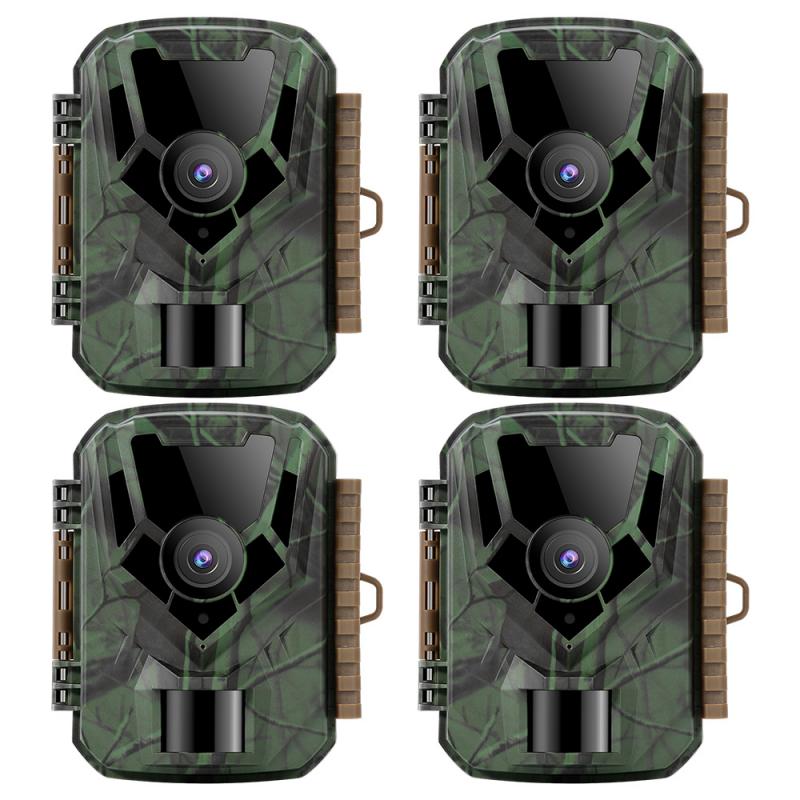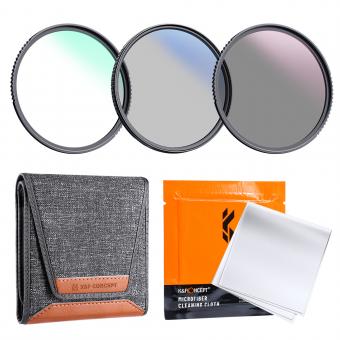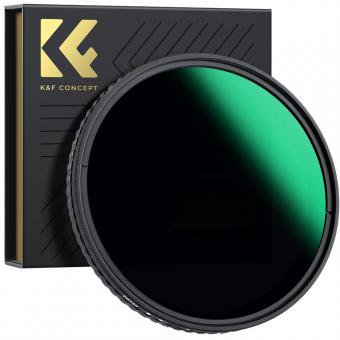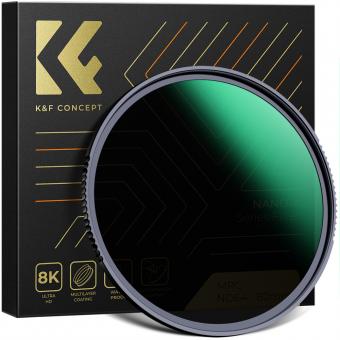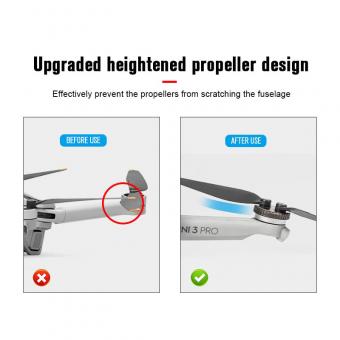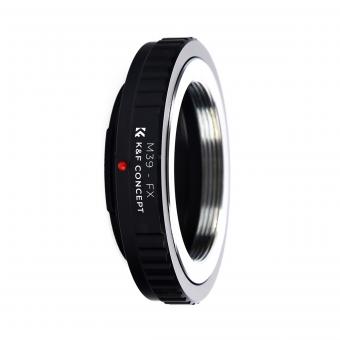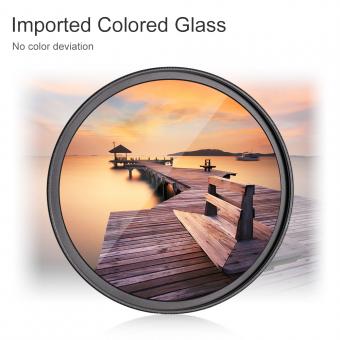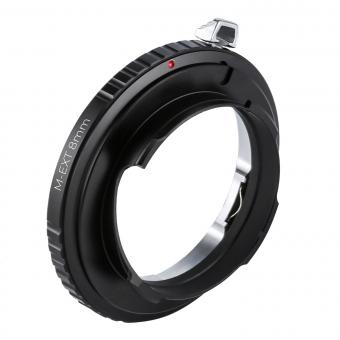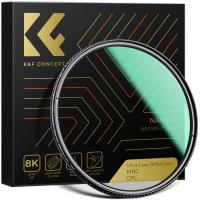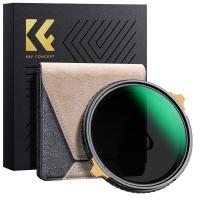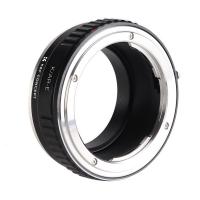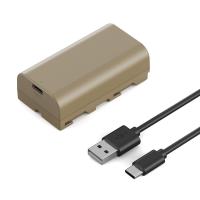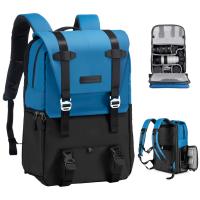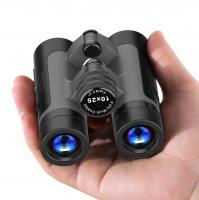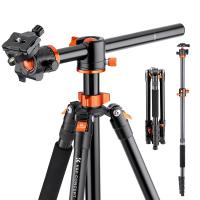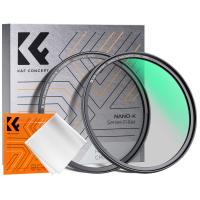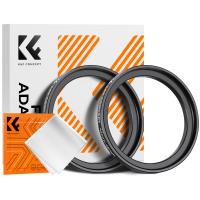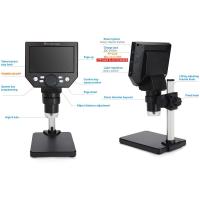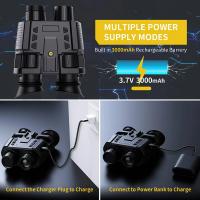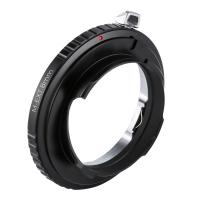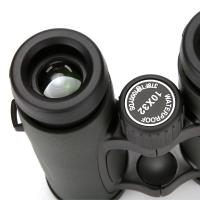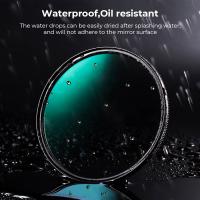Are Expencive Camera Filters Worth It ?
Expensive camera filters can be worth it depending on your specific needs and preferences. High-quality filters can enhance image quality, reduce glare, control light, and add creative effects to your photographs. They are particularly useful in landscape, architectural, and long-exposure photography. Cheaper filters may introduce color casts, reduce sharpness, or produce unwanted reflections, which can negatively impact image quality. However, it is important to consider your budget, shooting style, and the specific requirements of your photography before investing in expensive filters.
1、 Image quality enhancement: The impact of high-quality camera filters.
Image quality enhancement: The impact of high-quality camera filters
High-quality camera filters have long been a topic of debate among photographers. Some argue that these filters are worth the investment, while others believe that they are an unnecessary expense. However, when considering the impact of high-quality camera filters on image quality, it becomes clear that they can indeed make a significant difference.
One of the main advantages of using high-quality camera filters is their ability to enhance image clarity and sharpness. These filters are designed to reduce lens flare, ghosting, and other optical aberrations, resulting in sharper and more detailed images. They also help to minimize the impact of atmospheric haze and improve contrast, leading to more vibrant and visually appealing photographs.
Another important aspect to consider is the protection that camera filters provide for the lens. High-quality filters are made from durable materials that can withstand scratches, dust, and other potential damage. By acting as a barrier between the lens and the elements, these filters help to prolong the lifespan of the lens and maintain its optimal performance.
Furthermore, high-quality camera filters offer creative possibilities for photographers. Neutral density filters, for example, allow for long exposure photography, creating stunning effects such as silky smooth waterfalls or streaking clouds. Polarizing filters, on the other hand, can enhance color saturation and reduce reflections, making them particularly useful for landscape and outdoor photography.
It is worth noting that the latest advancements in camera technology have made image quality enhancement a priority for many photographers. With the increasing popularity of high-resolution cameras, the demand for high-quality camera filters has also grown. Manufacturers have responded by developing filters that are specifically designed to meet the needs of these advanced camera systems, further enhancing image quality.
In conclusion, high-quality camera filters are indeed worth the investment for photographers looking to enhance their image quality. These filters not only improve clarity, sharpness, and contrast but also provide protection for the lens and offer creative possibilities. With the latest advancements in camera technology, the demand for high-quality camera filters is likely to continue to rise.

2、 Creative effects: Exploring the artistic possibilities of camera filters.
Creative effects: Exploring the artistic possibilities of camera filters.
Camera filters have long been used by photographers to enhance their images and add creative effects. From polarizers to neutral density filters, there is a wide range of options available in the market. However, the question remains: are expensive camera filters worth it?
The answer to this question depends on several factors. Firstly, it is important to consider the specific needs and goals of the photographer. If someone is primarily interested in capturing high-quality, technically precise images, then investing in expensive camera filters may be worth it. These filters are often made with high-quality materials and coatings that can minimize lens flare, reduce reflections, and maintain image sharpness.
On the other hand, if a photographer is more interested in exploring the artistic possibilities of camera filters, then expensive filters may not be necessary. Many affordable filters can still produce interesting and creative effects, such as softening or adding color to an image. In fact, some photographers even prefer the imperfections and unique characteristics that cheaper filters can bring to their work.
Additionally, advancements in post-processing software have made it possible to replicate many filter effects in post-production. This means that photographers who are skilled in editing software can achieve similar results without the need for expensive filters.
It is also worth considering the specific brand and reputation of the filter manufacturer. Some well-known brands have established themselves as leaders in the industry, known for their high-quality products. Investing in filters from these reputable brands can provide peace of mind and assurance of durability and performance.
In conclusion, the worth of expensive camera filters ultimately depends on the individual photographer's needs and goals. While they can certainly enhance image quality and offer unique creative effects, it is possible to achieve similar results with more affordable options or through post-processing techniques. Ultimately, it is up to the photographer to decide what is most important to them and their artistic vision.

3、 Protection and durability: The value of camera filters in safeguarding lenses.
Protection and durability: The value of camera filters in safeguarding lenses.
Camera filters are often seen as an additional expense in photography, but their value goes beyond just enhancing images. One of the key benefits of using camera filters is the protection and durability they provide to lenses.
Lenses are a significant investment for photographers, and any damage to them can be costly to repair or replace. Camera filters act as a barrier between the lens and the outside world, shielding it from potential scratches, dust, moisture, and other elements that could cause damage. This is particularly important when shooting in challenging environments such as dusty landscapes or near water bodies where splashes are a risk.
High-quality camera filters are made from durable materials that can withstand rough handling and accidental impacts. They are designed to absorb the impact and protect the lens from any potential damage. This added layer of protection can give photographers peace of mind, especially when shooting in unpredictable conditions or during outdoor adventures.
Moreover, camera filters can also help maintain the resale value of lenses. A lens with scratches or other visible damage will likely fetch a lower price in the second-hand market. By using filters, photographers can keep their lenses in pristine condition, ensuring they retain their value over time.
However, the question of whether expensive camera filters are worth it depends on individual needs and preferences. While cheaper filters may offer some level of protection, they may not provide the same level of optical quality as higher-end filters. Cheaper filters can sometimes introduce unwanted artifacts, such as color casts or reduced sharpness, which can negatively impact image quality.
In recent years, advancements in lens coatings and materials have led to the development of high-quality filters that offer excellent optical performance without compromising on protection. These filters are often more expensive but can deliver superior image quality while safeguarding lenses.
Ultimately, the decision to invest in expensive camera filters depends on the photographer's priorities. If protection and durability are paramount, then it may be worth considering higher-end filters. However, for those primarily concerned with image quality, it may be more prudent to invest in lenses with built-in protection or opt for mid-range filters that strike a balance between cost and performance.
In conclusion, camera filters play a crucial role in safeguarding lenses and ensuring their longevity. The added protection and durability they provide can save photographers from costly repairs or replacements. While expensive filters may offer superior optical quality, it is essential to consider individual needs and priorities before making a purchasing decision.

4、 Versatility and adaptability: Adapting camera filters to different shooting scenarios.
Versatility and adaptability: Adapting camera filters to different shooting scenarios.
When it comes to photography, camera filters are essential tools that can greatly enhance the quality of your images. They offer a range of benefits, from improving color accuracy and reducing glare to adding creative effects. However, the question of whether expensive camera filters are worth it depends on various factors.
One of the main advantages of investing in high-quality filters is their versatility and adaptability. Expensive filters are often made with superior materials and advanced technology, allowing them to perform well in a wide range of shooting scenarios. They are designed to deliver exceptional image quality, with minimal distortion and color shifts.
In addition, expensive filters often come with multiple options and adjustable features, allowing photographers to fine-tune their images according to their specific needs. For example, neutral density filters can be adjusted to control the amount of light entering the lens, enabling long exposure photography or achieving a shallow depth of field in bright conditions. Graduated filters can be rotated and positioned precisely to balance exposure between the sky and the foreground.
Moreover, expensive filters are typically more durable and resistant to scratches, dust, and water. They are built to withstand the rigors of professional use and can last for years without compromising image quality. Cheaper filters, on the other hand, may degrade over time, affecting the overall performance of your photography gear.
However, it is important to note that the latest advancements in post-processing software have made it possible to replicate some filter effects in post-production. This has led some photographers to question the necessity of investing in expensive camera filters. While it is true that certain effects can be achieved in post-processing, there are still some benefits that cannot be replicated digitally. For example, using a polarizing filter to reduce reflections or a graduated filter to balance exposure can save time and effort in post-production, allowing photographers to focus on capturing the moment.
Ultimately, the decision to invest in expensive camera filters depends on your specific needs and budget. If you are a professional photographer or someone who values the highest image quality and versatility, then investing in high-quality filters is likely worth it. However, if you are a casual photographer or on a tight budget, there are more affordable options available that can still deliver decent results.
